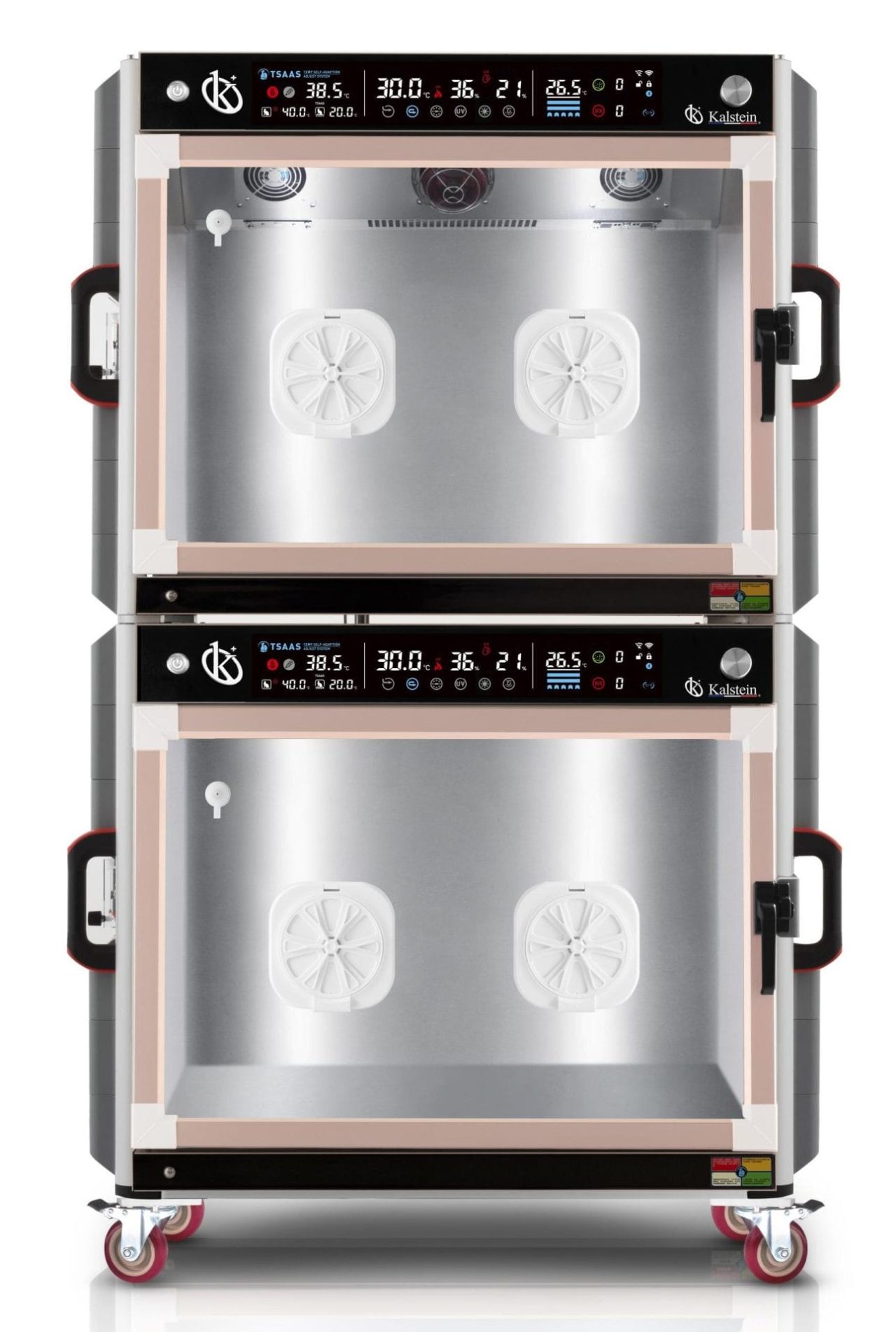Veterinary ICU Units have become an essential piece in the treatment of animals in critical condition. These units not only allow for comprehensive control of environmental conditions but also facilitate constant monitoring of vital parameters, which is crucial for the recovery of the most delicate patients.
As someone who has worked with these units, I can affirm that the precision and advanced technology they offer are fundamental to the success of treatment.
If you are looking for a fusion of innovation and quality, you have come to the right place. At https://kalstein.pl/category-product/veterinary-sector/veterinary-icu-unit/, we offer you the luxury of exploring our exclusive catalog of laboratory equipment. We manufacture each piece of equipment with a level of excellence. Our intuitive and agile online shopping channels are designed for your convenience, ensuring the most friendly prices. Don’t hesitate any longer; we bring science to life, and it’s time to become part of our community. https://kalstein.pl/
Features of the Veterinary ICU Unit
State-of-the-art Veterinary ICU Units are designed to offer a controlled environment that includes precise adjustment of temperature, humidity, and oxygen levels. A clear example is Kalstein’s unit, which incorporates automated ventilation systems and an intuitive interface to facilitate handling by veterinary staff.
Additionally, these units allow for the integration of advanced monitoring systems, ensuring that any change in the patient’s condition is detected immediately and treated appropriately.
Why Is the Veterinary ICU Unit Priced This Way?
The price of a Veterinary ICU Unit may seem high, but it is fully justified when considering the benefits it offers. These units are equipped with cutting-edge technology, high-quality materials, and an ergonomic design that prolongs their lifespan.
Compared to brands like Internacional Vet and KitVet, Kalstein units stand out for their customization capabilities and advanced monitoring technology, justifying the initial investment.
Comparing Veterinary ICU Units with Similar Products
When comparing Kalstein’s Veterinary ICU Units with those of other competitors, such as Internacional Vet and KitVet, it is evident that Kalstein offers significant advantages. While Internacional Vet focuses on thermal stabilization, it lacks the advanced monitoring capabilities that Kalstein provides.
On the other hand, KitVet offers intensive care cages that, although durable, do not have the technological sophistication of Kalstein units.
Pros and Cons of Veterinary ICU Units
|
Pros |
Cons |
|
Continuous monitoring of vital parameters |
High price |
|
Precise control of temperature and humidity |
Requires training for optimal use |
|
Integration with advanced oxygenation systems |
Needs regular maintenance |
|
Ergonomic and easy-to-use design |
Size may take up a lot of space in clinics |
|
High durability and resistance |
|
|
Adaptability to different species |
|
|
Reduction of human errors thanks to automation |
|
|
Alarm systems for sudden environmental changes |
Advantages of These Veterinary ICU Units
The main advantage of Veterinary ICU Units is their focus on precision and adaptability. Thanks to their advanced technology, these units allow for comprehensive control of the patient’s environment, which is crucial in critical situations.
Moreover, their user-friendly interface facilitates the work of the staff, reducing the risk of human errors.
Other Benefits of These Veterinary ICU Units
Another notable benefit is the durability of these units. Designed with high-quality materials, Kalstein’s ICU units are built to withstand intensive use, making them a profitable long-term investment.
Additionally, the brand’s technical support ensures that any problem can be quickly resolved, minimizing downtime.
Learn About Opinions on Veterinary ICU Units
The opinions of veterinarians who have used Kalstein’s Veterinary ICU Units are mostly positive. Professionals highlight the reliability and effectiveness of these units, emphasizing how they have improved the ability to care for critically ill patients.
The shared experiences reinforce the idea that these units not only meet but exceed expectations in terms of performance and durability.
Frequently Asked Questions
What animals can be treated in a Veterinary ICU Unit?
Veterinary ICU Units are designed to accommodate a wide variety of animals, from small mammals to larger species. Their versatility allows for effective treatment of various species in a controlled environment.
How is the cost of a Veterinary ICU Unit justified?
The cost of a Veterinary ICU Unit is justified by the advanced technology it incorporates, its durability, and the customization capabilities it offers. These features ensure a long-term return on investment, both in terms of clinical outcomes and equipment longevity.
What sets Kalstein units apart from other brands?
Kalstein units stand out for their customization capabilities and advanced monitoring technology, placing them above other competitors in terms of effectiveness and efficiency.
How long does a Veterinary ICU Unit last?
With proper maintenance, a high-quality Veterinary ICU Unit like those from Kalstein can last for many years, offering reliable performance throughout its lifespan.
Is it difficult to operate a Veterinary ICU Unit?
No, Veterinary ICU Units are designed to be easy to operate, with intuitive interfaces and automated systems that minimize the risk of operational errors.
What does Kalstein’s technical support include?
Kalstein offers comprehensive technical support that includes assistance with installation, staff training, and regular maintenance, ensuring that the units operate optimally at all times.
Conclusions on These Veterinary ICU Units
In conclusion, Kalstein’s Veterinary ICU Units represent a solid investment for any clinic looking to offer superior intensive care. Their advanced technology, along with their ergonomic and durable design, ensures that patients receive the best possible treatment in critical situations.
Although the initial cost may seem high, the long-term benefits, both in improving clinical outcomes and in the durability of the equipment, make this investment worthwhile.

